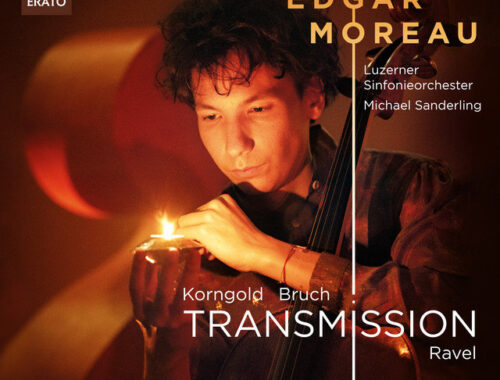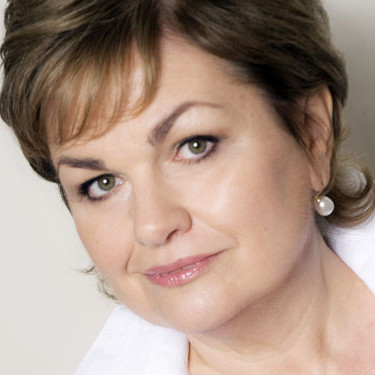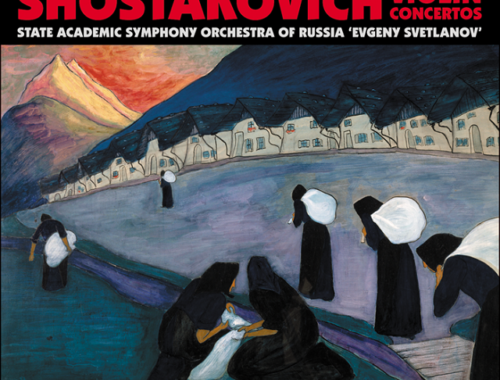Verdi “Simon Boccanegra”, English National Opera
It doesn’t take long to establish that there is an extraordinary director at work here. The body language, the tangible involvement of every character on stage, the way in which emotional journeys are charted and feelings expressed not just in song but in the involuntary sounds that people make when they communicate joy, anger, hatred. Dmitri Tcherniakov understands that the bigger the statement the more it needs to be rooted in truth.
At that crucial point in the Prologue of Simon Boccanegra where Boccanegra demands to see his one-time lover, the patrician Fiesco’s daughter Maria, Verdi and his librettist ask us to imagine the discovery of her lifeless body offstage. But Tcherniakov, in a moment that will resonate throughout the evening, has Boccanegra in his anguish carry her partly clothed body from the house into the street to the screams of the housekeeper and the cheers of the crowd who have just heard of his election to high governmental office. Farcical despair meets riotous jubilation in an Edward Hopperesque image that Tcherniakov then freezes as a portrait of times past.
That time would seem to be around about the 1960s leaping forward then to present day in a rather stunning visual coup de theatre. But it really doesn’t matter when or where because the place (Italy) is generic in Tcherniakov’s imagination and what really preoccupies him are the people and their journeys. And in work like this it is really hard to separate those people from the singers playing them. In the case of the “lost” daughter Amelia we have a young singer, Rena Harms, who is clearly over-parted in the role and lacks the vocal wherewithal and amplitude – and yet she somehow “belongs” in the staging and is integral to it.
It’s extraordinary how Tcherniakov (who also designs his shows) can take a moment like that in which Fiesco (a gravely committed performance from Brindley Sherratt) gives his blessing to Gabriele Adorno (the virile-voiced Peter Auty) to marry Amelia and turn it into a symbolic act of hypnotism with Fiesco placing the weapon of agitator into Adorno’s hand. Similarly chilling is Boccangra’s (Bruno Caproni) tacet unveiling of Roland Wood’s angrily emotive Paolo, quiet and deadly.
The whole evening is anchored in the wonderfully assured musical realisation of Edward Gardner and the ENO orchestra and chorus. And as Boccangra departs this life over Verdi’s ebbing orchestral postlude Tcherniakov dares to disrupt it with the sound and fury of Amelia’s inconsolable grief. This and much else is not easily forgotten.


